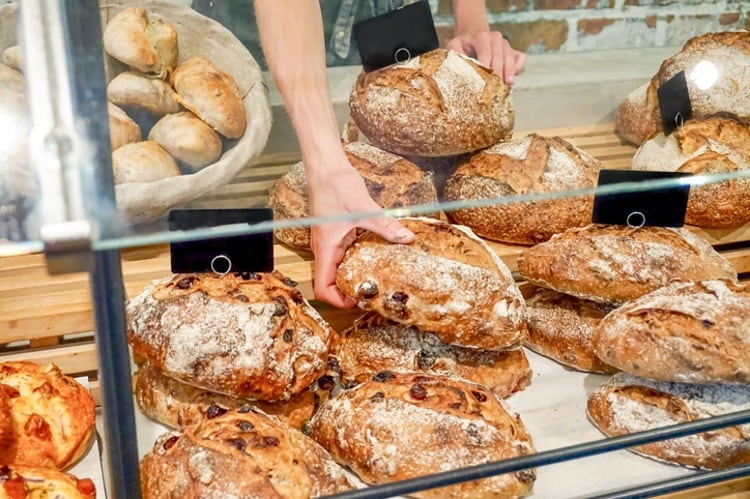
In the current climate, the hospitality sector can no longer afford to overlook customer loyalty. With the industry reportedly losing £30bn during the lockdown period, it is clear that an urgent overhaul of their existing strategies is required if they are to survive in the months ahead.
Start with simplicity
When it comes to choosing a new loyalty scheme, the key is to keep it simple. This may seem like an obvious point, but it is surprisingly common for an independent bakery, for instance, to over-complicate its loyalty scheme with excessive T&Cs and lengthy on-boarding processes, thereby discouraging customers from joining up.
The simpler the scheme, the easier it will be for employees to understand and then explain to customers. Additionally, the system itself will likely be more straightforward for customers to claim their rewards.
Luckily, there are numerous schemes available. Points-based systems are a popular option: these allow customers to collect points every time they make a purchase from a certain business or venue. These points add up to offer the customer a reward like, for example, a free cupcake.
Alternatively, membership schemes have proven to be an effective method of encouraging repeat custom. Signing up as a member gives consumers access to exclusive discounts and products, which are not available to non-members. This, in turn, prompts customers to continue visiting the venue to enjoy their personalised treatment.
Of course, each loyalty scheme offers different benefits and drawbacks; each will suit certain businesses more than others. The key is ensuring the chosen scheme will enhance the overall customer experience.
The importance of convenience
While the ambiance, staff and product are all key factors in ensuring customers return to a venue, it is increasingly clear that digital loyalty schemes are also now a key consideration. A recent study revealed that 59% of 25-to-34-year-olds think their customer experience would be enhanced if businesses offered them access to a digital loyalty scheme.
What is driving demand?
The modern consumer is more digitally savvy than ever before and they expect businesses to keep up. Loyalty schemes that rely on paper loyalty cards can easily be lost or damaged. Likewise, signing up to generic mailing lists only result in a torrent of spam. Such outdated techniques can clearly inconvenience potential customers.
In contrast, digital loyalty schemes are much more convenient. Whether they are accessed via logging into a website or via an app, they simplify the process of tracking loyalty points and redeeming rewards.
What’s more, loyalty apps can act as a useful prompt to encourage customers to revisit venues. Apps can send ‘pop-up’ reminders that one more visit will entitle them, for example, to a free slice of their favourite cake. Thus, loyalty among customers is encouraged, without inconveniencing their day-to-day lives.
A tailored experience
We are also seeing greater demand for personalised experiences. In fact, 62% of UK consumers are more willing to recommend a brand that offers a more tailored service. And digital loyalty schemes can be extremely useful in facilitating this.
Digital loyalty schemes allow businesses to collect priceless customer data, enabling them to offer a bespoke experience. For example, a loyalty app can be connected to a bakery’s customer relationship management (CRM) system, enabling it to track customer habits. This can then be used to better communicate with key customers, rather than using generic and impersonal email campaigns. What’s more, the bakery is able to tailor rewards in accordance with each individual customers’ preferences (do not offer a discount on wheat-based breads to someone who is gluten intolerant).
The key benefits of a digital loyalty scheme must be two-fold. Firstly, it must be easy for customers to use and offer them enticing rewards. Secondly, it must enable businesses to efficiently collect customer data so they can be more sophisticated in their customer communications.
If implemented correctly, loyalty schemes have the capacity to transform businesses. The key is to ensure that the system is simple. This will make it far easier to incorporate the scheme into long-term business strategies that will enhance customer experiences.
Launched in 2017, Embargo is a loyalty platform that helps hospitality businesses embrace digital transformation by connecting them directly with their customers, delivering bespoke loyalty rewards and enabling communication.





